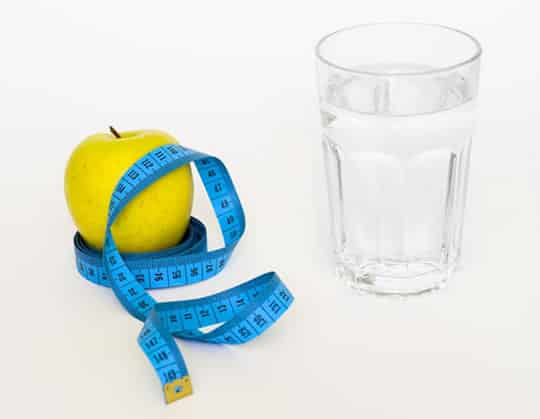Taking the two supplements lead to people in the study losing more belly fat and more fat overall.
Calcium supplementation combined with vitamin D can help weight loss, research finds.
Taking the two supplements led to people in the study losing more belly fat and more fat overall.
One study has even shown that people drinking more milk, which contains vitamin D and calcium, can double weight loss.
Up to half the world’s population may be deficient in vitamin D.
A deficiency in vitamin D could help to increase people’s appetite, research suggests.
Foods that are rich in vitamin D include oily fish and eggs, but most people get their vitamin D from the action of sunlight on the skin.
The body cannot produce calcium, so relies on it from food intake.
Foods high in calcium include dairy products, seeds, nuts and dark, leafy greens like spinach and kale.
Around half of people who are obese have a calcium deficiency.
For the study, 53 overweight or obese people were put on a calorie-restricted diet.
However, half were also given a 600 mg calcium supplement and a 125 IU vitamin D3 supplement.
The results showed that people taking calcium and vitamin D together lost 6 pounds of fat, while those in the comparison group only lost 4 pounds of fat.
The study’s authors write:
“Calcium plus vitamin D3 supplementation for 12 weeks augmented body fat and visceral fat loss in very-low calcium consumers during energy restriction.”
Although the exact mechanism for how calcium and vitamin D aid weight loss is not known, the authors speculate:
“The greater decrease in fat mass observed in the calcium+D group of the current study could result from several factors attributing to calcium metabolism.
First, a calcium-rich diet is shown to increase fat oxidation, promote fat cell apoptosis, and reduce lipid absorption due to the formation of insoluble calcium-fatty acid soaps in the intestine, which are eventually excreted in the feces.
Second, high dietary calcium intake is associated with suppression of 1,25-dihydroxyvitamin D (1,25-(OH)2D) levels which in turn act to decrease calcium influx into the cell.”
The study was published in the Nutrition Journal (Zhu et al., 2019).

